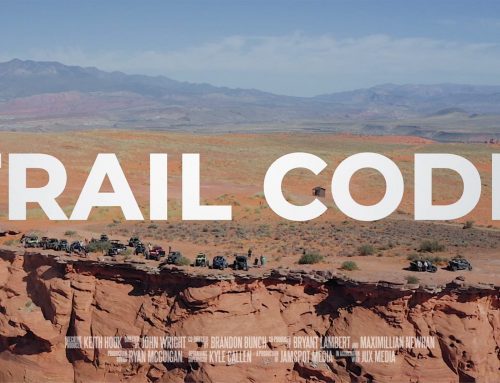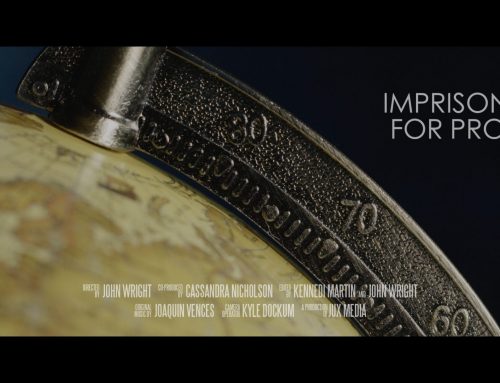DOCUMENTARY
80 mins
After Thanksgiving dinner, Bart Campolo asked his dad, the well-known preacher Tony Campolo, to sit down to talk. Bart wanted to give his father some shocking news: that after a lifetime of work as a prominent minister himself, he was no longer a believer in the Christian faith. It was the beginning of a candid, meaningful exchange between a father and his son about belief, storytelling and the power of our relationships. That conversation is at the heart of this feature-length documentary by John Wright.
Tony Campolo is a Christian author, speaker and activist whom the New York Times describes as “one of the most important evangelical Christian preachers of the last 50 years.” Bart Campolo is a Humanist leader, author and public speaker whom the New York Times describes as “a rising star of atheism.”
Directed, co-produced and edited by John Wright at Jux Media. Executive produced by Matt Dean.
Link: Leaving My Father’s Faith on Amazon Prime Video
Link: Unpromoted YouTube version (full film)
—
Filmmaker’s notes:
How to turn 12 hours of conversation between Bart and Tony plus interviews with both into a feature-length documentary? Early in post-production, I started to imagine an unusual three-act structure, which ended up becoming the film. Here’s how it goes:
In Part 1, Bart gives a RATIONAL explanation for his step away from faith, explaining articulately the reasoning he gives for his deconversion (this is useful because it’s also his story to tell, and the more a film has character and storytelling as a foundation, the better it is). This includes various doubts that crept into his faith over a few decades of his life, represented in the film by wooden Jenga bricks.
In Part 2, Tony, having listened to all of this, gives a SOCIOLOGICAL response to it. Essentially, he doesn’t believe that Bart’s step away from faith was a rational process at all, but rather one in which his social circles changed, his influences (reading and watching) were different, and he stepped outside the ‘plausibility structure’ of the church.
Finally, in Part 3, I briefly present my own explanation as the filmmaker, a third party: a PSYCHOLOGICAL one. I asked Bart on camera whether he may have been drawn outside the faith as a way to escape the ever-present shadow of his famous father, who he admits loomed large in his life.
The film doesn’t tell us which of these explanations are right, but presents an argument that our behaviors and decisions are rarely as straightforward as we’d like to think. This is a theme I’d like to return to in my work, focusing on concepts like free will. In the meantime, the relationship between Bart and Tony leaves a lasting impression: that the love of a father for his son and vice versa can transcend differences in ideology – an impression we need more than ever in today’s world!
– John Wright, filmmaker




